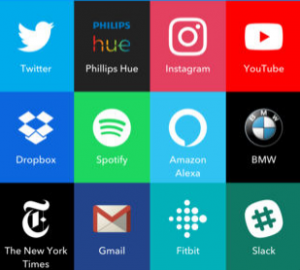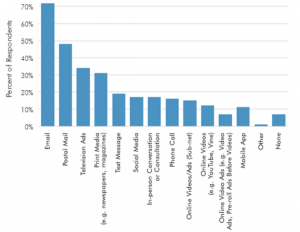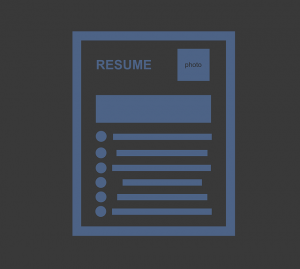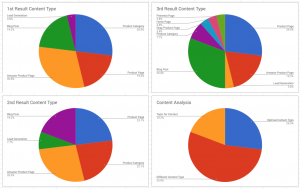ARF Focuses On Managing 21st-Century Data
by Laurie Sullivan , Staff Writer @lauriesullivan, August 21, 2017
Scott McDonald, president and CEO of the Advertising Research Foundation (ARF), admits having a passion for experiencing off-Broadway theater and just returned from an overseas jaunt to attend the festival Bayreuth, to indulge in what he calls his “culture vulture tendencies.”
“People mostly go for the experience,” he said, and “research suggests people get a better experience when they get content in multiple ways.”
No surprise here, but the advertising industry refers to those multiple ways as omnichannel marketing, connecting online with offline to create an experience and connect the data.
Take, for instance, eyeglass company Warby Parker. The company started online and then opened a 200-square-foot store in SoHo.
Then there’s Apple and Microsoft. Both could sell all their products online, but have physical stores where people go in to experience the products.
Apple and Microsoft engineer the experience “in the same way Disney might,” but in this case “you enter this great temple and head for the Genius Bar, so someone can show you how to use your phone more effectively,” said Paul Donato, recently appointed ARF chief research officer to focus on initiatives like managing 21st-century data.
These companies demonstrate that online and offline are best when paired when marketers connect the two. “Theater teaches us that experience can happen on multiple levels,” McDonald said.
Data, one of those levels, often acts as the foundation. Still, advertisers may overemphasize the importance of data, since too many times hunches are not tested against the numbers.
“The pace of data growth has outstripped our accepted standard practices to manage it,” which throws the advertising industry into a learning curve, said McDonald “It brings up the problem of transparency vs. opacity: How can you validate that the data you’re buying is accurate and that it can improve your business?”
McDonald also feels strongly about programmatic ad bidding and serving. “Programmatic, a subset of big data, provides efficiencies for bidding on digital advertising, but comes with a host of problems,” he said. “The location is now driven algorithmically and so it depends on the accuracy of the data and the algorithms. It’s proven to be hackable, which creates fraud.”
Header bidding has tried to combat that decline, he said, but again there are questions on how to manage the reach and frequency of ad targeting. It can fail unless programmatic can work within a walled garden such as Google Gmail or Facebook, supported by a universal ID that lets the technology identify the person — fall to the tune of “oodles of money,” he said, declining to attach a specific number.
Running a programmatic platform on a blockchain network could help to expose any fraud, he noted.
MediaPost.com: Search Marketing Daily
(64)






